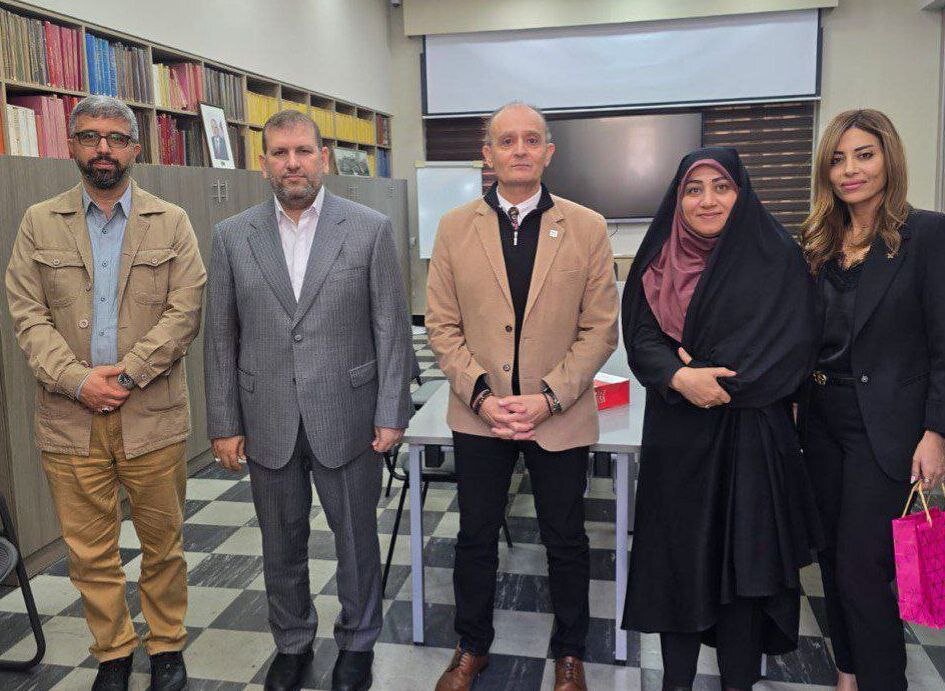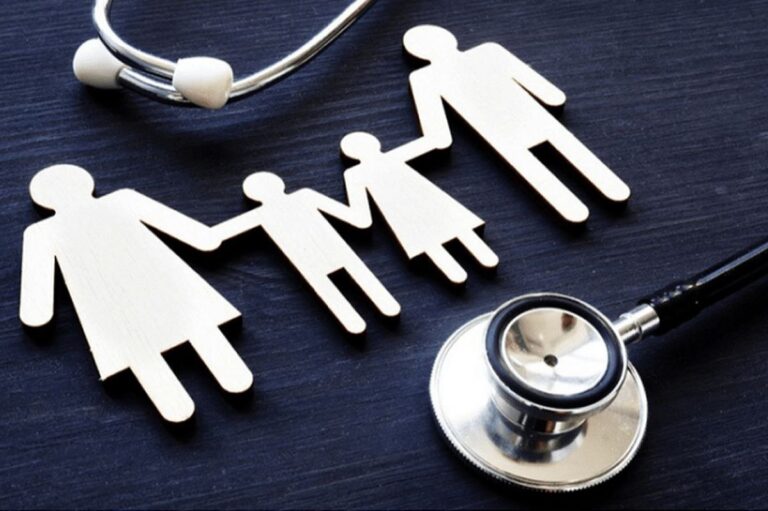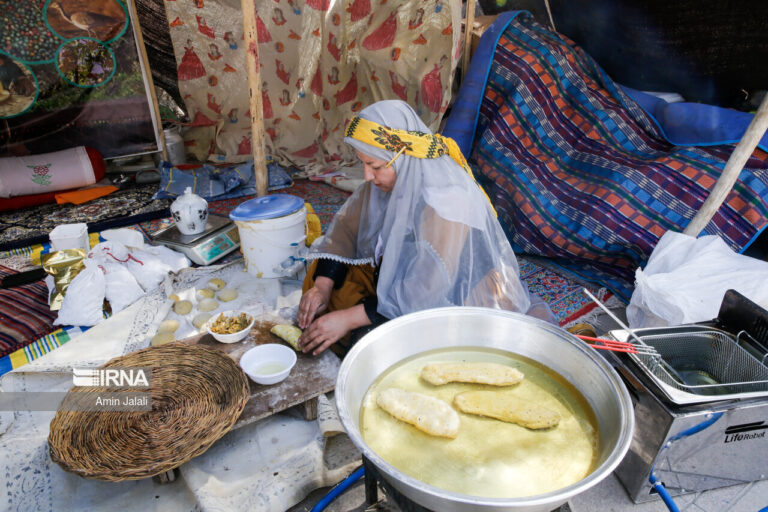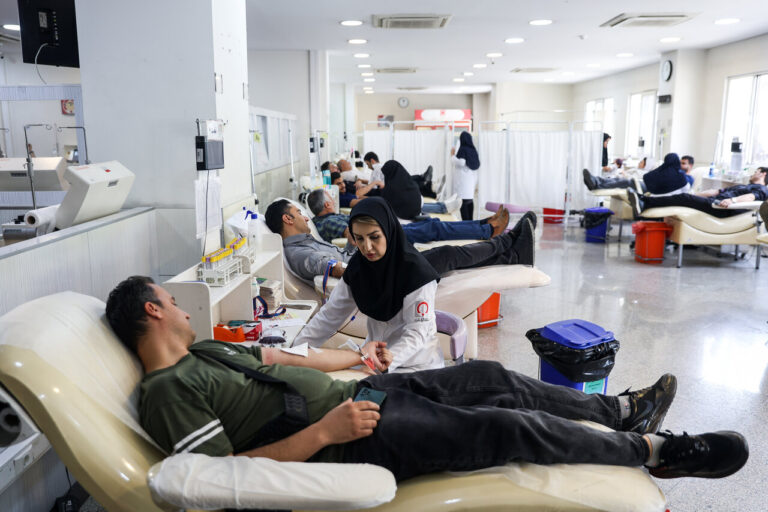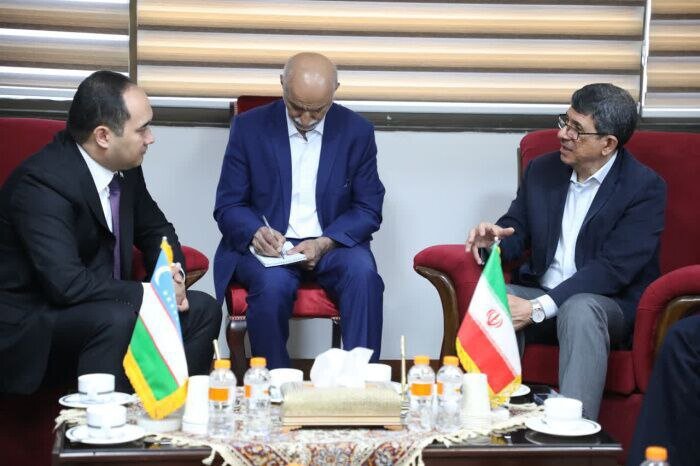IRCS and IFRC Unite to Tackle Regional Challenges: Innovative Solutions on the Horizon
In a significant meeting held in Lebanon, the Iranian Red Crescent Society (IRCS) and the International Federation of the Red Cross and the Red Crescent Societies (IFRC) explored collaborative efforts to address pressing regional challenges. This initiative underscores the vital role of humanitarian organizations in crisis zones, reinforcing the need for cooperation to enhance humanitarian aid delivery.
The IRCS delegation, led by Secretary General Meysam Afshar and Director for International Affairs Razieh Alishvandi, met with Hossam Elsharkawi, the IFRC’s regional director for the Middle East and North Africa. During this meeting, the representatives discussed strategies to strengthen ties and improve humanitarian responses in areas affected by crises.
Elsharkawi praised the IRCS for its impactful humanitarian actions over the past years, particularly in regions suffering from conflict, including Gaza, Palestine, Syria, and Lebanon. He remarked, “The IRCS efforts will never be forgotten.”
Highlighting the challenges faced by humanitarian organizations, Elsharkawi stated, “We are facing problems that prevent us from carrying out our responsibilities properly. In Gaza and many other areas, the situation is very difficult.”
Afshar responded by condemning the human rights violations perpetrated by Zionist forces against the Palestinian people. He noted that these attacks have resulted in the tragic deaths of eight medics from the Palestinian Red Crescent in Gaza. Despite the IRCS’s strong capacity to deliver humanitarian aid to war-affected areas, he pointed out that various restrictions have hindered the entry of this vital assistance. Afshar urged the IFRC to help facilitate the dispatch of humanitarian aid to these regions.
In light of the fragile situation in the region, Afshar emphasized the importance of enhancing collaboration between the IFRC and national societies like the IRCS. He also expressed Iran’s readiness to host humanitarian workshops in partnership with the IFRC, paving the way for more effective regional cooperation.
Alishvandi shared insights about a joint project between the IRCS and the IFRC, supported by the Korea International Cooperation Agency (KOICA). She mentioned that the groundwork for this three-year project, which has a budget of $2.7 million and is set to take place in three Iranian provinces, has already been established. Alishvandi proposed initiating the project on April 21, coinciding with the start of spring.
Furthermore, she suggested that the IRCS could become a regional hub for specialized relief and rescue training, leveraging its scientific and operational capacities. This initiative aims to enhance regional and international collaboration in various fields, including relief training and the improvement of humanitarian capabilities.
Elsharkawi received these proposals positively, emphasizing the need to precisely develop the regional hub structure. He recommended holding specialized meetings to review and finalize the proposed plans, ensuring a coordinated approach to humanitarian efforts.
In a previous meeting in November 2024, Xavier Castellanos Mosquera, the IFRC’s undersecretary general for national society development and operations coordination, acknowledged the IRCS’s capabilities. He noted that the IRCS is globally recognized for its high-level operations and expertise.
- The IFRC aims to enhance cooperation with the IRCS for conducting joint specialized training courses.
- There is a focus on organizing various teams, including logistics teams, to improve operational efficiency.
- Castellanos Mosquera expressed eagerness for the IRCS to join specialized groups within the IFRC, given its extensive knowledge and experience.
Afshar elaborated on the IRCS’s logistical capabilities in rescue and relief services, including:
- Production of pharmaceutical and medical equipment.
- Manufacturing of Helal textile products.
- Operation of medical and rehabilitation centers in Iran and 14 other countries.
This ongoing collaboration between the IRCS and the IFRC highlights the commitment of both organizations to address humanitarian challenges effectively. By working together, they aim to create a structured response to crises, ensuring that aid reaches those who need it the most.
As humanitarian needs continue to grow, the importance of partnerships and collaborative efforts among organizations like the IRCS and the IFRC becomes increasingly vital. Their joint initiatives will not only facilitate immediate relief but also enhance the overall capacity for long-term humanitarian responses in the region.
